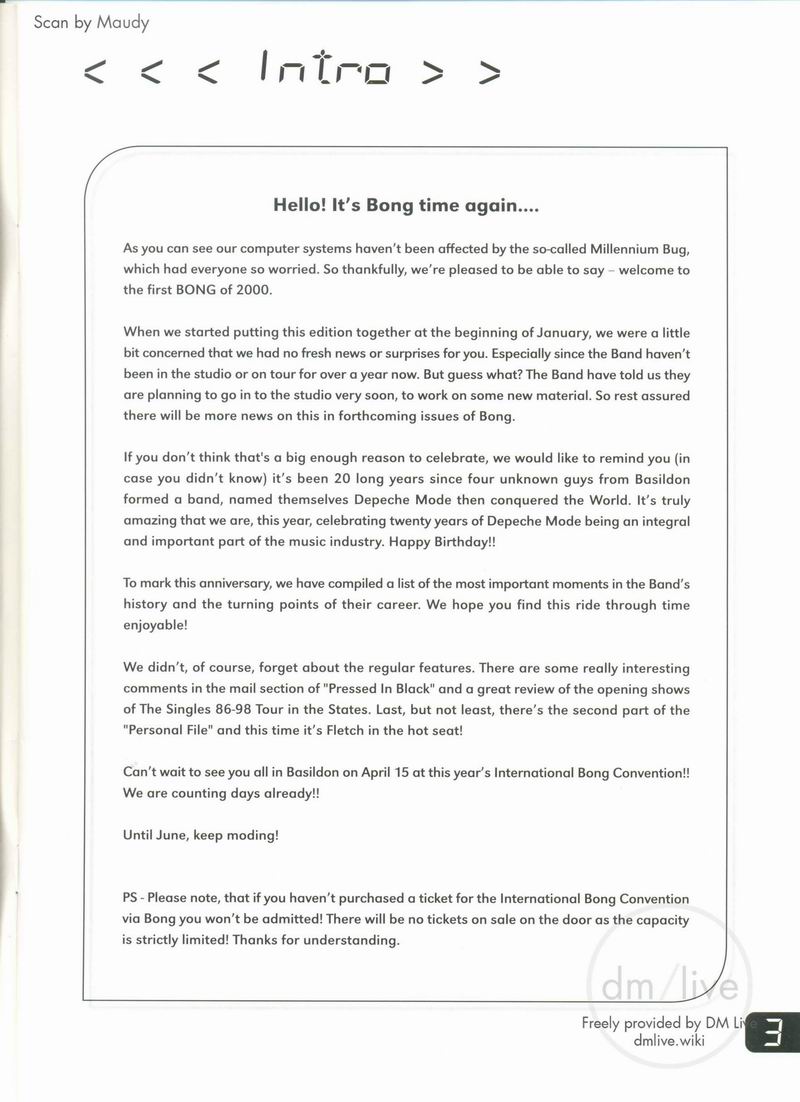


I got the feeling that maybe there was no other band they'd ever go out for again in that assemblage, and it made me take that audience fairly seriously." ĭue to the prominence of the "bus kids" in the film, it is widely considered to be the impetus for the "reality" craze that swept MTV in the following years, including The Real World and Road Rules. Pennebaker admitted there was a similarity between Depeche Mode and some of the other artists he'd filmed before ( Bob Dylan and David Bowie): "I found the audience very rapt they were there for that band.

You edit more and the film changes every three days, but were very nice and patient about it." Pennebaker used his direct cinema approach, which he described as "letting the camera run as unobtrusively as possible, thereby encouraging events to unfold on their own. The 2003 DVD reissue included more concert footage, but as Pennebaker was "shooting a documentary, not a concert film", a complete record of the Rose Bowl concert does not exist. The film features performances at the Rose Bowl concert, interspersed with snippets of the band, the "bus kids" and live performances recorded throughout the tour. Notably, the film prominently features a group of young fans travelling across America as winners of a "be-in-a-Depeche Mode-movie-contest", which culminates at the band's landmark concert at the Rose Bowl stadium in Pasadena. Ultimately, the film focused on what Depeche Mode considered to be their strongest selling point-their live performance-as well as capturing the spirit of their fan base. He accepted, but discarded their initial concept, feeling that it was "impossible to examine in an entertainingly cinematic fashion". At this point, they reached out to renowned documentary filmmaker D. After discussions with an "experienced director", they came to the conclusion that the (unnamed) choice was going to do something "too glossy" and that they wanted to present something more nuanced and interesting. The band's original concept for the film was going to be about how Depeche Mode "fit into" the 1980s.

īand member Alan Wilder is credited with coming up with the album's title the performance was the 101st and final performance of the tour (and coincidentally also the number of a famous highway in the area). It chronicles the final leg of the band's Music for the Masses Tour and the final show on 18 June 1988 at the Rose Bowl in Pasadena, California. It was released on 13 March 1989 by Mute Records. 101 is a live album and documentary film by English electronic music band Depeche Mode.


 0 kommentar(er)
0 kommentar(er)
